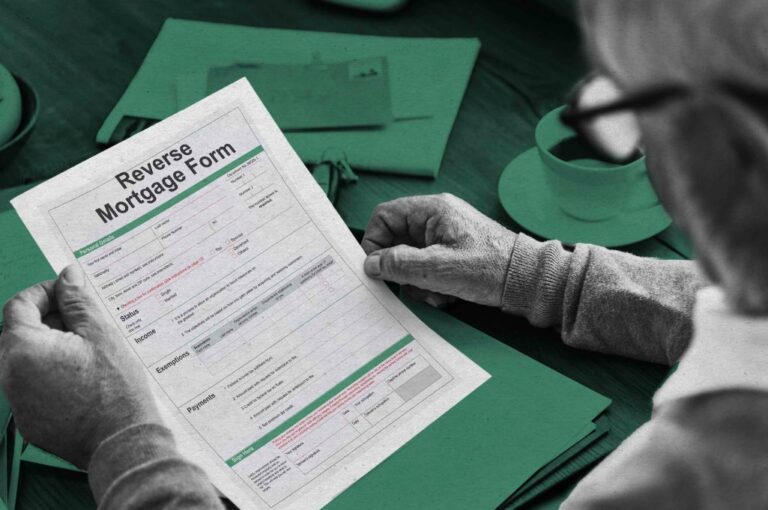Checking a car’s history is a critical step in the process of purchasing a used vehicle. A thorough history check can reveal important information about the car’s past, including previous accidents, ownership history, and any potential issues that could affect its value and safety.
In this detailed guide, we will walk you through the process of checking a car’s history and highlight the key aspects to look for.
Understanding Vehicle History Reports
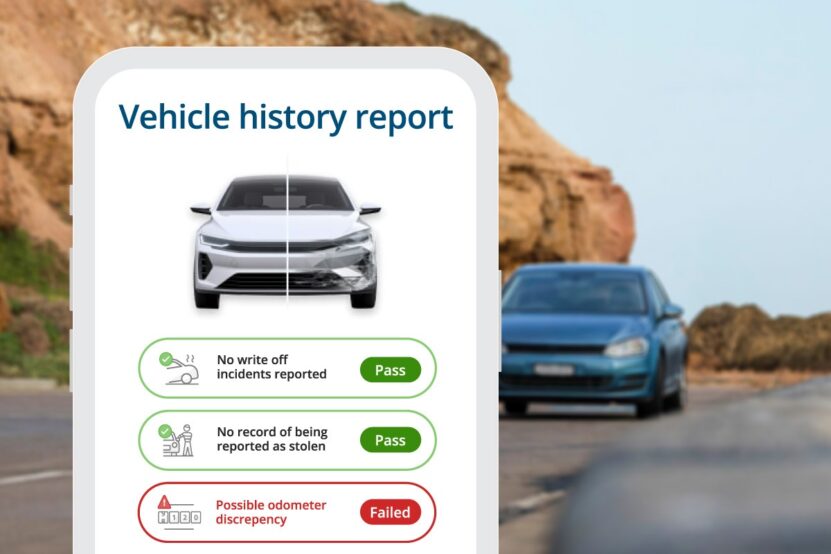
A vehicle history report is a document that provides detailed information about a car’s past. These reports are generated using the vehicle identification number (VIN), a unique code assigned to every vehicle.
The VIN can be found on the car’s dashboard, driver’s side door, or in paperwork such as the title and registration. There are several reputable services that provide comprehensive vehicle history reports, such as FullCarChecks, CarFax and AutoCheck. These reports typically include details on accidents, title status, odometer readings, and more.
Checking for Accidents and Damage
One of the most important aspects to look for in a car history report is any record of accidents or damage. Accidents can significantly affect a car’s value and safety. The report should provide information on the nature and extent of any accidents, including whether the vehicle was declared a total loss by an insurance company.
Be wary of cars with a history of significant accidents, as they may have hidden damage or future reliability issues.
Assessing Ownership History
The ownership history section of the report gives insight into how many people have owned the car and for how long. A car with fewer owners is generally preferable, as it’s more likely to have been well-maintained. Frequent changes in ownership might indicate problems with the car.
Verifying the Title Status
The title status is an essential component of the vehicle history report. A “clean” title means the car has never been declared a total loss, while a “salvage” or “rebuilt” title indicates significant past damage. Cars with salvage or rebuilt titles can be riskier to purchase due to potential hidden problems, and they usually have a lower resale value.
Understanding Odometer Readings
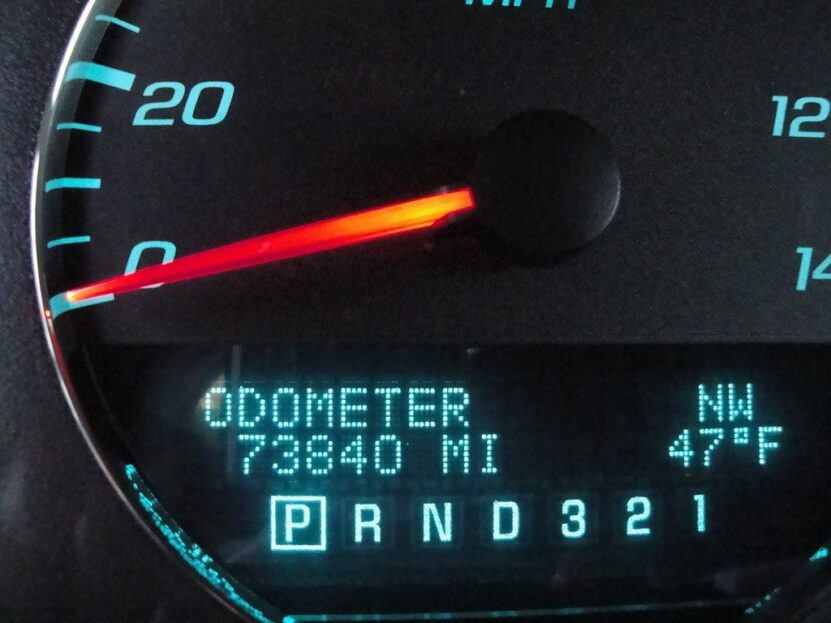
Odometer fraud is a common issue in the used car market. The vehicle history report should show a timeline of the car’s odometer readings to ensure they are consistent and logical. Discrepancies in odometer readings can indicate tampering, which is a serious red flag.
Service and Maintenance Records
A well-maintained vehicle is likely to be more reliable and have a longer lifespan. Look for a history of regular maintenance, including oil changes, tire rotations, and other routine services. A spotty maintenance record might indicate neglect, which can lead to mechanical issues down the road.
Recall Information
Manufacturers issue recalls to address safety issues or defects. The vehicle history report should include any past recalls on the car and whether they were addressed. Unresolved recalls can pose safety risks and should be taken care of before purchasing the vehicle.
Evaluating the Vehicle in Person
While a vehicle history report provides a wealth of information, it’s also important to evaluate the car in person. Look for signs of wear and tear, mismatched paint, or uneven panel gaps, which can indicate past accidents or repairs. Test driving the car is also crucial to assess its performance and condition.
Getting a Professional Inspection
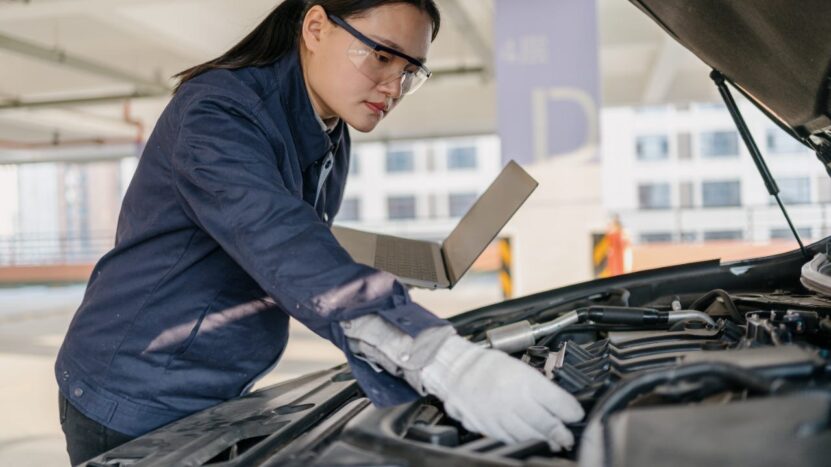
For added peace of mind, consider getting a pre-purchase inspection by a qualified mechanic. They can identify any current or potential issues that might not be evident in the vehicle history report or during a test drive.
Negotiating the Purchase
Armed with the information from the vehicle history report and your own evaluations, you can negotiate the purchase with confidence. Use any issues or concerns as leverage to negotiate a fair price. Remember, a car with a problematic history should be priced lower than one with a clean record.
The Role of a VIN Check
In addition to a full vehicle history report, a VIN check is a quick way to access vital information about a car. This check can instantly reveal crucial data such as the make, model, year, and country of manufacture.
While it is not as comprehensive as a full vehicle history report, a VIN check is a useful tool for initial screening, especially when comparing multiple vehicles.
Understanding Lemon Laws
Before finalizing your purchase, it’s important to be aware of lemon laws, which vary by state. These laws protect consumers from buying vehicles with a series of unfixable defects.
Knowing these laws can help you understand your rights and what steps to take if you end up purchasing a car with serious hidden issues.
Cross-Checking Against Other Databases
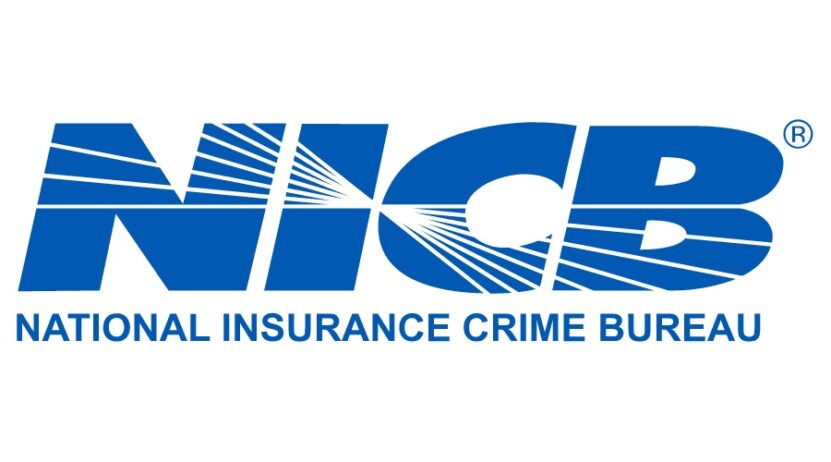
For an extra layer of security, cross-check the vehicle’s information against other databases. This can include the National Insurance Crime Bureau (NICB), which offers a free service to check for stolen vehicles and those declared as salvage.
This step ensures that the car you’re considering is not only mechanically sound but also legally clear.
Checking for Liens
A vehicle history report should include information on any liens against the vehicle. A lien means that a bank or another party has a financial interest in the car, typically because there’s an outstanding loan.
Purchasing a vehicle with an active lien can lead to complicated legal issues, so it’s best to ensure the car is lien-free or that any liens are cleared before you make the purchase.
Environmental Considerations
Considering the environmental history of a car is also crucial. Cars that have been in floods or other natural disasters may have hidden damage, especially to their electrical systems.
Make sure the vehicle history report includes any information about exposure to environmental hazards, and be wary of cars that have been in such situations.
Finalizing the Purchase
Once you are satisfied with the history, inspection, and condition of the car, you can proceed with the purchase.
Ensure that all paperwork is in order, including the title, bill of sale, and any other necessary documents. It’s also a good time to discuss warranties or return policies, especially when buying from a dealership.
Conclusion
Thoroughly checking a car’s history is a crucial step in the used car buying process. It helps you to avoid potential pitfalls and find a vehicle that is safe, reliable, and worth the investment.
By following these steps, including getting a comprehensive vehicle history report, inspecting the car, and consulting with professionals, you can make an informed decision.


